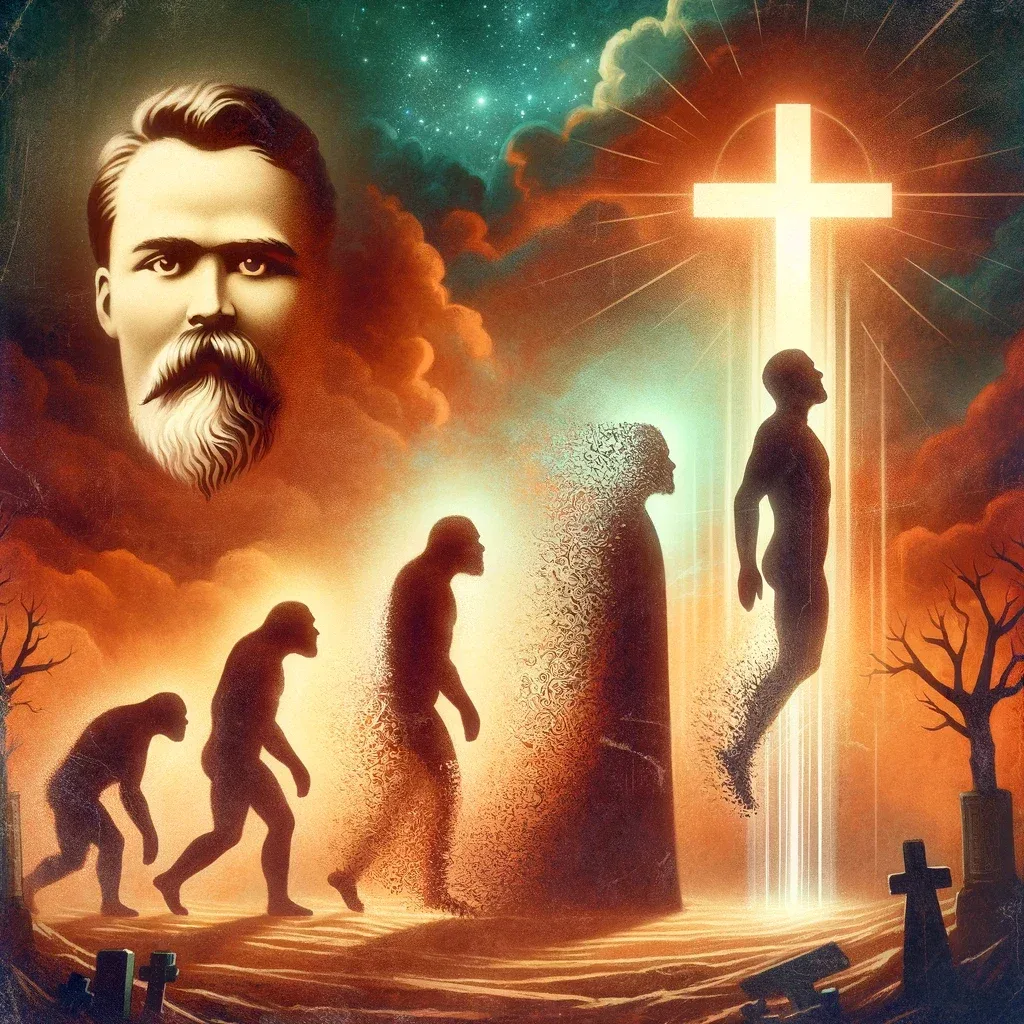The phrase “God is dead”, uttered by the German philosopher Friedrich Nietzsche, is one of the most iconic and misunderstood statements in the history of philosophy. This article aims to clarify the meaning behind this statement by exploring the philosophical context and implications for modern society.
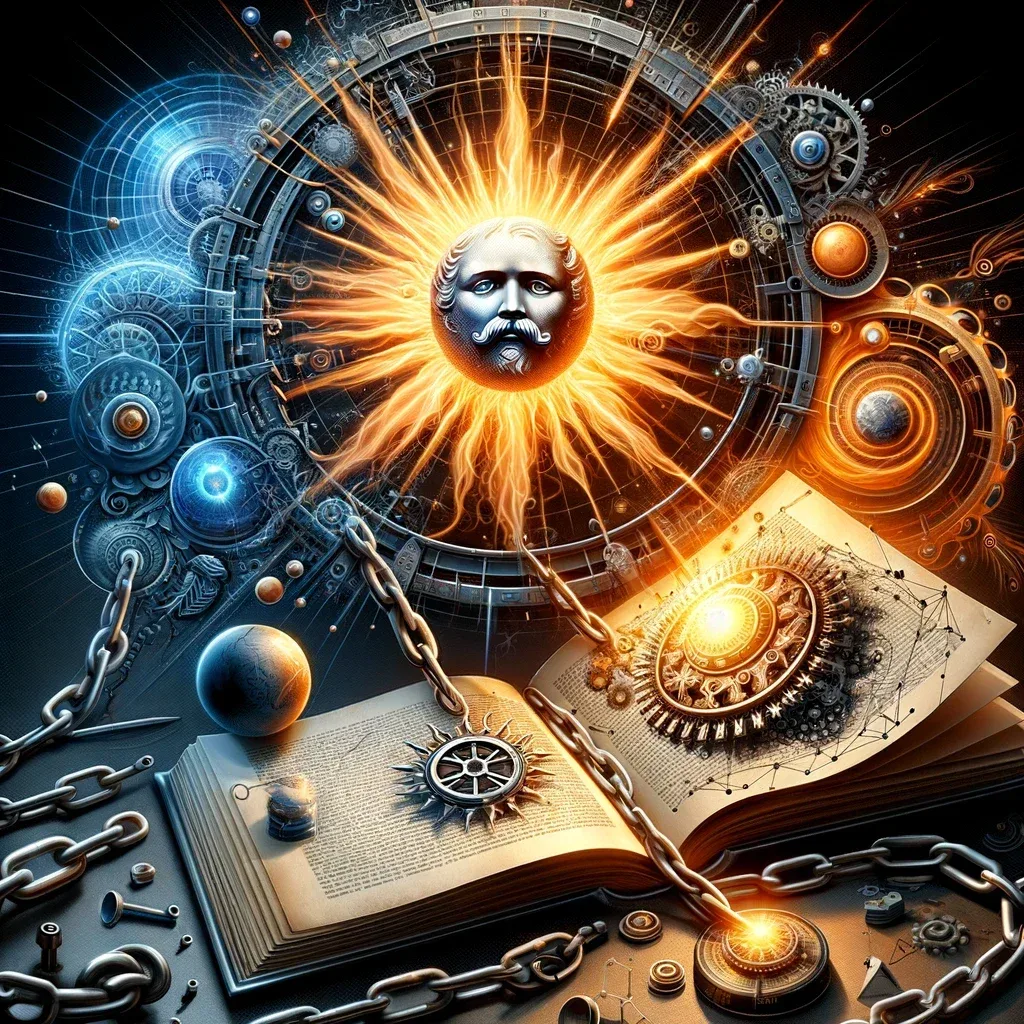
Introduction
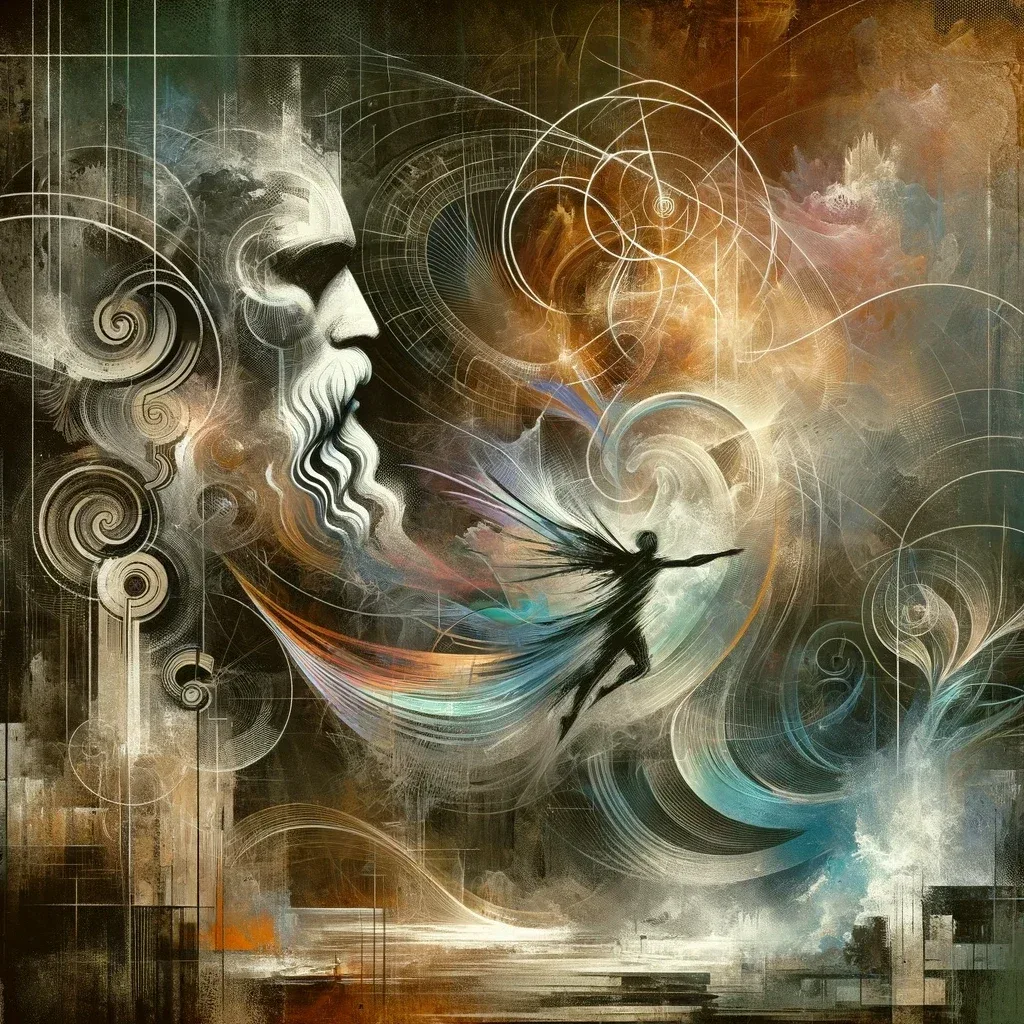
Friedrich Nietzsche, one of the most influential thinkers of the XNUMXth century, revolutionized philosophical thought with his declaration “God is dead.” This statement, far from being a simple denial of the existence of God, carries profound philosophical and cultural implications. Let's dive into Nietzsche's ideas to truly understand what he meant.
The Context of the Statement
To understand Nietzsche's statement, it is crucial to consider the historical and philosophical context in which it was made. Nietzsche was reacting against the power structures and beliefs of XNUMXth century European society, particularly the influences of Christian religion and morality.
Nietzsche and Religion
Nietzsche was critical of organized religion, especially Christianity. He saw religion as a means of suppressing human potential and perpetuating values that he considered unnatural and harmful to human development.
Nietzsche's Philosophy
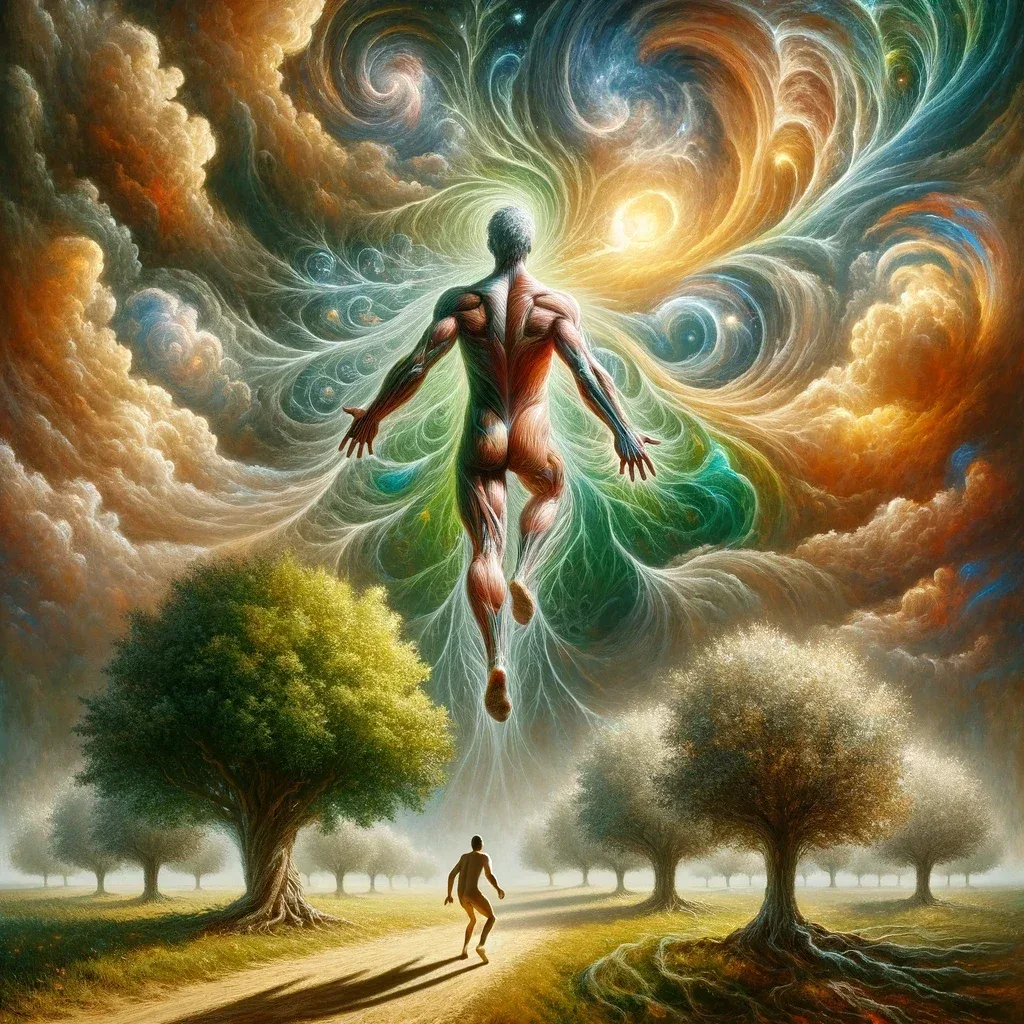
Nietzsche was not simply announcing the physical death of a deity, but rather proclaiming the end of the relevance and authority of the idea of God in modern society.
Criticism of Metaphysics
Nietzsche rejected traditional metaphysics and belief systems that placed God at the center of the moral and spiritual universe. He argued that modern society had outgrown the need for such systems.
Superman (Übermensch)
The idea of Nietzsche’s “Superman” is central to understanding his philosophy. This concept represents the human potential to create new values and meanings in the absence of divine authority.
The Death of God and Morality
With the “death of God,” Nietzsche suggested that the traditional foundations of morality were becoming obsolete. He proposed that humanity would need to reevaluate its values and create new moral systems.
Implications for Modern Society
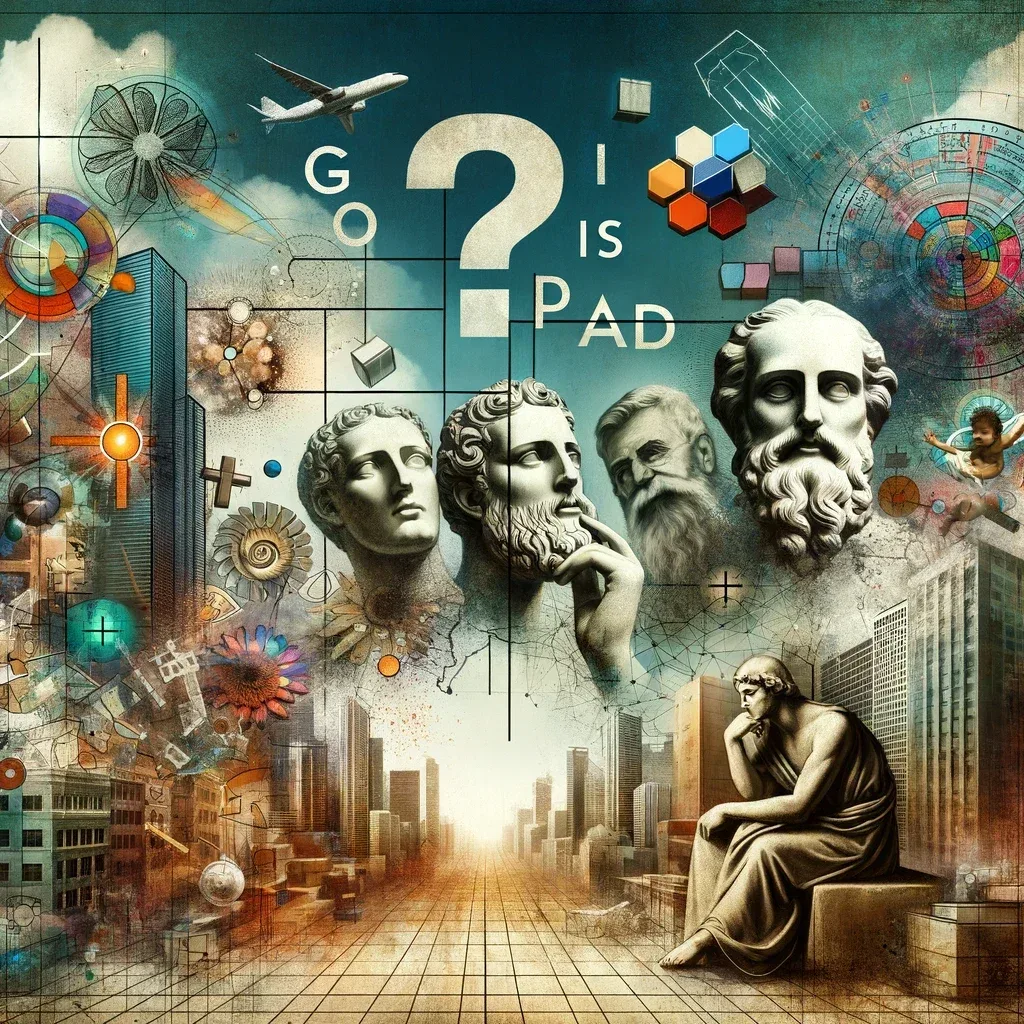
Nietzsche's statement had profound implications for modern society, influencing thinking in several areas.
Philosophy and Theology
Philosophy and theology were profoundly affected by the idea of the “death of God”. This led to a reexamination of the philosophical and theological foundations on which many societies were built.
Science and Rationality
The era of science and rationality, which gained strength in the XNUMXth century, was seen by Nietzsche as part of the process that led to the “death of God”. He argued that science, by seeking to explain the world without resorting to the divine, reduced the need for belief in God.
Art and Culture
Art and culture were also influenced by Nietzsche's proclamation. The “death of God” opened the way for new forms of artistic and literary expression, free from the restrictions imposed by a God-based moral order.
Conclusion
“God is dead” is a statement by Nietzsche that reflects a fundamental change in the way humanity understands its existence and morality. Far from being a simple denial of the existence of God, it represents a critique of humanity's dependence on outdated belief systems and a call for the creation of new values and meanings in a post-metaphysical world.
FAQ: Understanding Nietzsche’s “God is Dead”
This FAQ seeks to clarify the most common doubts about Friedrich Nietzsche's famous statement, “God is dead”, exploring its philosophical meaning and implications.
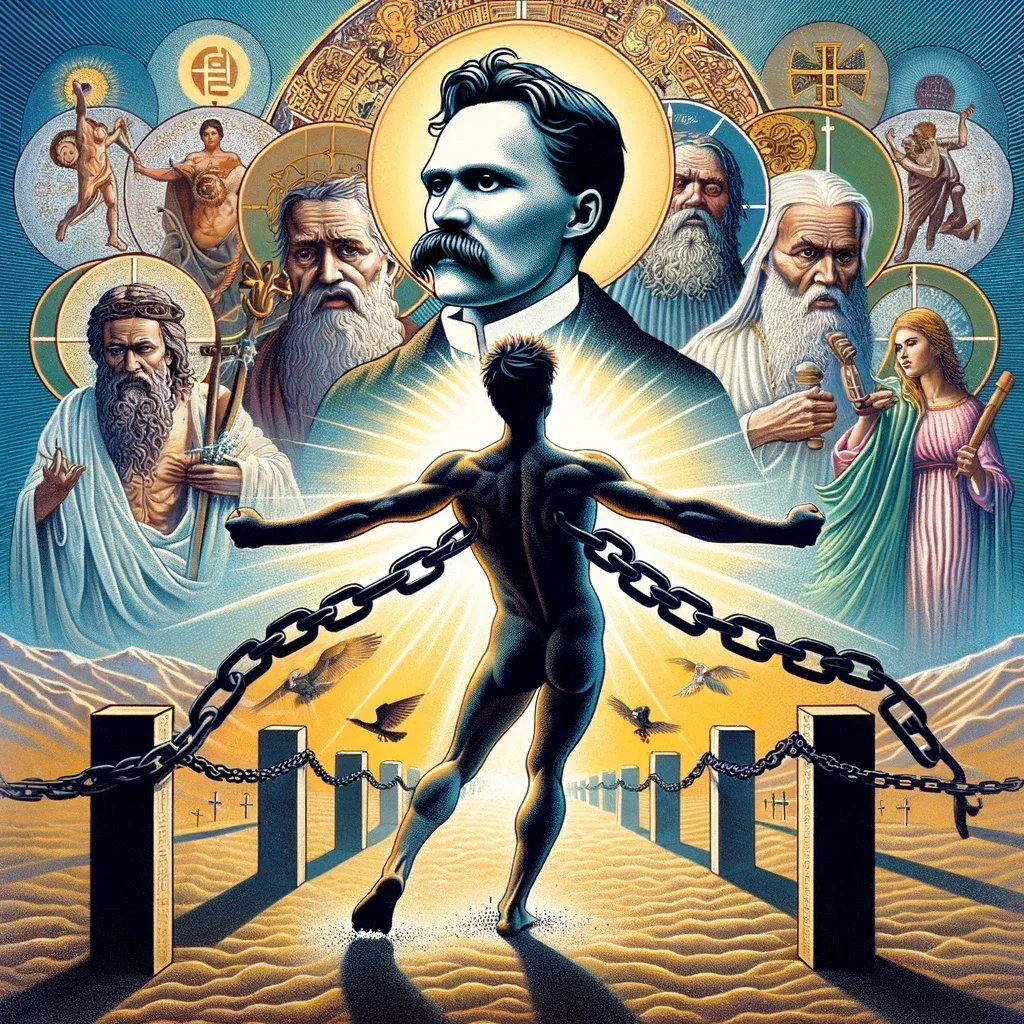
1. What did Nietzsche mean by “God is dead”?
2. Did Nietzsche literally believe that God had died?
3. What is the relevance of the statement “God is dead” to morality?
4. How did this statement affect philosophy and theology?
5. What is the Superman (Übermensch) in Nietzsche's philosophy?
6. Was Nietzsche against all forms of religion?
7. How do science and rationality relate to the “death of God”?
8. How were art and culture influenced by this statement?
9. Did Nietzsche propose any alternative value systems?
10. What was the impact of “God is dead” on modern thought?
